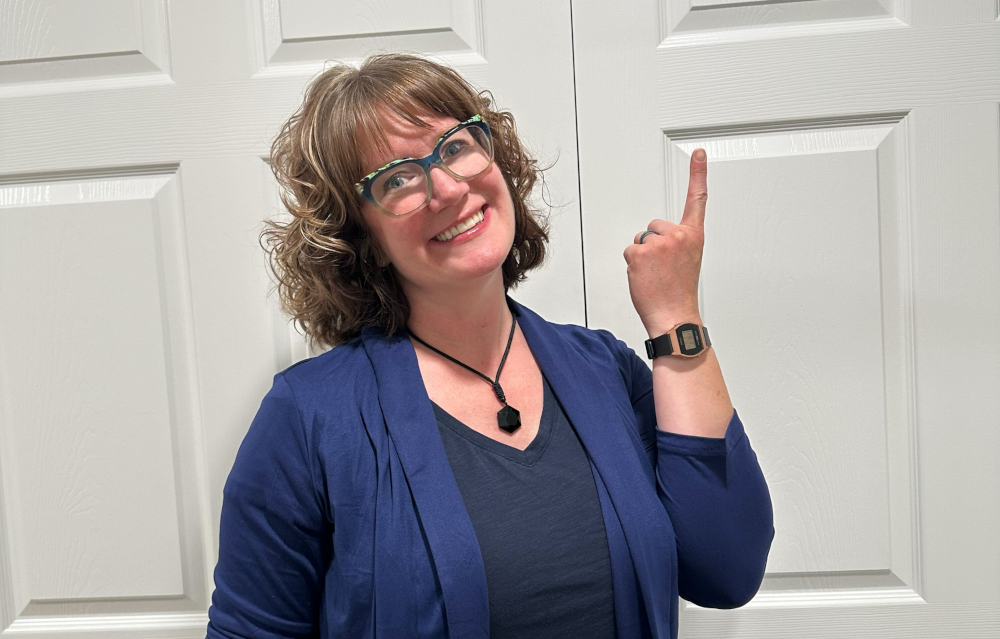Sciota, Pennsylvania
Are you nervous about an upcoming trip to the dentist? Do you have difficulty remaining still and seated for an extended period of time? These are two situations where you might want to consider sedation dentistry. Today on the blog, we explore some situations and conditions that can qualify, or disqualify, a patient from sedation.
Who can benefit from sedation dentistry?
Individuals who suffer from dental anxiety are considered to be optimum candidates for sedation dentistry. The Cleveland Clinic estimates that 36% of the American population suffers from some degree of fear over going to the dentist, with that fear reaching extreme levels for 12% of Americans. People who suffer from this fear often avoid going to the dentist altogether and see a decline in their oral health as a consequence, ironically making them even more in need of the dental services they are afraid to receive. People who have gone through traumatic dental experiences in the past also may benefit from sedation dentistry; sometimes even the sights and smells of a dental office can trigger these traumatic memories.
How does sedation work?
Quiet Valley Dental offers two methods of sedation:
- Oral sedation – The dentist will prescribe you a pill that you should take 20-30 minutes prior to your scheduled appointment. Any feelings of fear or anxiousness calm but you remain awake and aware of your surroundings the entire time.
- IV sedation – A more powerful method of sedation, this entails receiving a sedative intravenously that places you in what is referred to as a twilight state. You become sleepy, but you also retain the ability to communicate with members of our team and be aware of your surroundings.
Is sedation dentistry right for me?
In addition to dental anxiety or fear, other pre-existing conditions that can make sedation dentistry a good choice include the following:
- Resistance to local anesthesia
- Highly sensitive gag reflex
- Difficulty holding jaws open during lengthy dental procedures.
- Problems maintaining muscle control for extended periods of time
- Neck and back pain that may make it difficult to remain in the dental chair for a prolonged amount of time
- Tooth sensitivity
- Jaw pain or dysfunction
Disqualifying conditions
Certain health reasons can prevent a person from undergoing sedation dentistry.
These reasons include:
- Pregnancy
- An allergy to sedatives
- Glaucoma
- Depression of the central nervous system
- Resistance to medications
- High blood pressure
Preparing for an appointment with sedation
Undergoing sedation dentistry does require a fair share of preparation. You should find solutions to some particular logistical issues before your appointment.
First, set aside an adequate amount of time in your daily schedule for the appointment and your recovery from sedation. The entire time of sedation could last anywhere from two to six hours, depending on the dental work that is being performed. You also need to arrange transportation to and from our office in Sciota, and you should refrain from drinking alcohol for at least 24 hours prior to the procedure.
These sedatives have a tendency to cause nausea in children. If your child is scheduled for a dental procedure involving sedation, minimize his or her food intake for at least six hours prior to their scheduled appointment.
Sedation dentistry in Sciota, Pennsylvania
Stop letting anxiety or fear prevent you from receiving the professional oral health care that you need. To find out more about the sedation dentistry services offered at Quiet Valley Dental, schedule your consultation today. Just call (570) 992-7040 or contact us online.






